Green and Black Poison Dart Frogs (Dendrobates auratus): Vibrant Gems of the Rainforest
The Green and Black Poison Dart Frogs (Dendrobates auratus) are among the most eye-catching amphibians in the exotic pet trade. Known for their electric green patterns set against bold black backgrounds, these frogs are as visually stunning as they are fascinating to care for.
Originally native to Central and South America, they’ve become a staple in the dart frog hobby due to their striking appearance, ease of care, and active behavior.
Appearance and Color Variants green and black poison dart frogs (dendrobates auratus)
What makes the Green and Black Poison Dart Frogs truly stand out is their vibrant, high-contrast coloration. Their patterns can range from mint green to deep emerald or even turquoise, all boldly contrasted with jet black patches. Some morphs even display a blue hue, depending on locality and genetics.
These bright colors serve as a warning to predators in the wild, signaling the presence of mild toxins in their skin—though captive-bred dart frogs lose this toxicity over generations due to their non-toxic diet.
Habitat and Behavior of green and black poison dart frogs (dendrobates auratus)
In the wild, Dendrobates auratus inhabit humid lowland rainforests in countries like Panama, Nicaragua, and Costa Rica. They are primarily ground dwellers but will climb low vegetation in search of food or shelter.
Green and Black Poison Dart Frogs are diurnal, meaning they’re active during the day—an ideal trait for those who love to observe their pets. They’re social and do well in small groups if housed properly, making them great candidates for naturalistic terrariums.
Diet and Feeding
These frogs thrive on a steady diet of tiny live insects, especially:
-
Flightless fruit flies (Drosophila melanogaster or hydei)
-
Pinhead crickets
-
Springtails
-
Isopods
Food should be dusted with calcium and vitamin supplements several times a week. Juveniles should be fed daily, while adults can be fed every other day.
The Green and Black Poison Dart Frogs are visual feeders, so you’ll enjoy watching them actively stalk and pounce on their prey.
Enclosure and Setup
A bioactive terrarium setup is ideal for Green and Black Poison Dart Frogs . A 10–20 gallon tank works for a pair or small group, with vertical and horizontal space.
Key enclosure features:
-
Live tropical plants (e.g., pothos, bromeliads, ferns)
-
Leaf litter and cork bark for hiding
-
Moisture-retaining substrate (ABG mix, coco fiber)
-
Drainage layer and misting system or daily hand misting
-
Ambient temps: 72–78°F (avoid temps above 80°F)
-
Humidity: 80–100%
UVB is optional but can benefit live plants and frog health.
Handling and Temperament
While friendly and curious, Green and Black Poison Dart Frogs are not suitable for handling. Their delicate skin can absorb oils, lotions, or toxins from human hands, which can be harmful. Observation, rather than handling, is the best way to enjoy these amphibians.
They are non-aggressive and cohabitate peacefully if housed with same-sized frogs of the same species and sex ratio is considered (1 male to 1–2 females is ideal).
Lifespan and Health
In captivity, Green and Black Poison Dart Frogs can live 10–15 years with proper care. Being captive-bred also means they’re disease-resistant and adaptable.
Signs of good health:
-
Bright coloration
-
Active foraging
-
Clear eyes
-
Smooth, moist skin
Avoid overfeeding, stagnant water, or overcrowded tanks to prevent stress or health issues.
Final Thoughts
If you’re seeking a vibrant, active, and relatively low-maintenance amphibian, the Green and Black Poison Dart Frogs (Dendrobates auratus) are a fantastic choice. With their eye-catching appearance and engaging behavior, they bring a slice of the rainforest into your home and are ideal for display in lush, naturalistic vivariums.

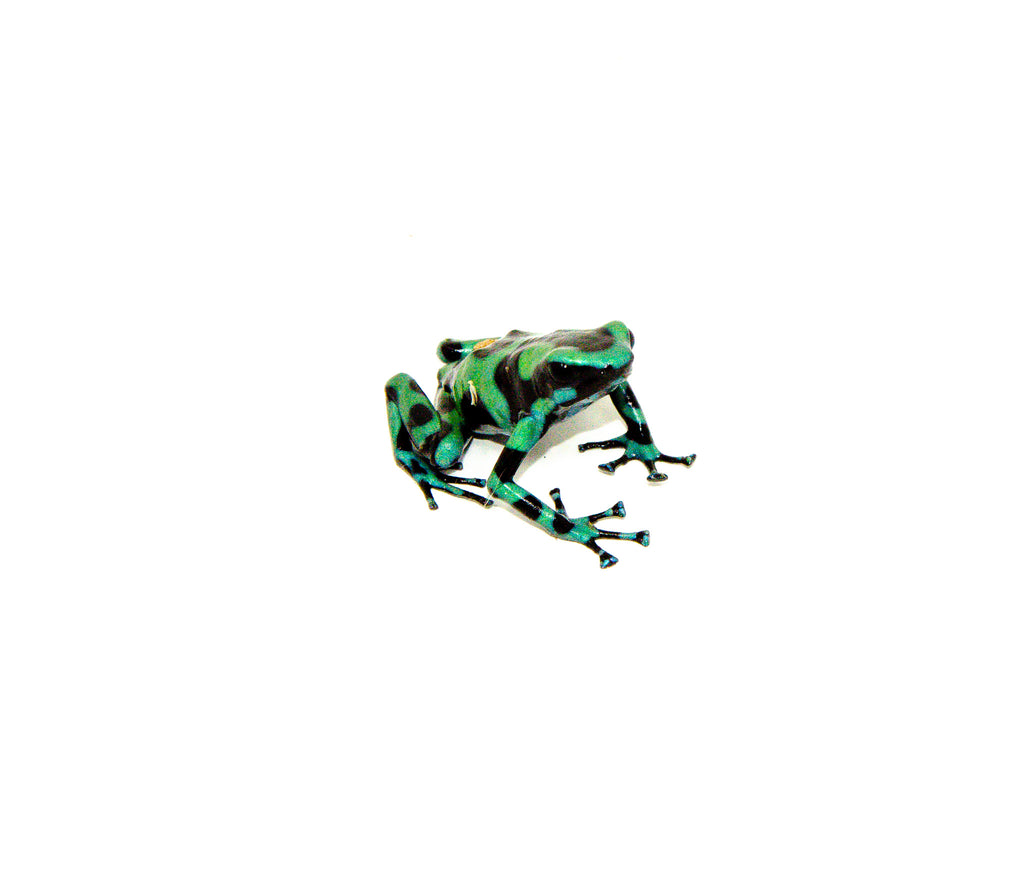
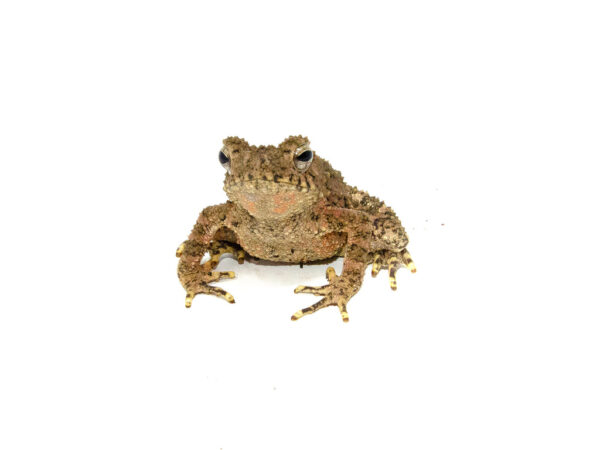

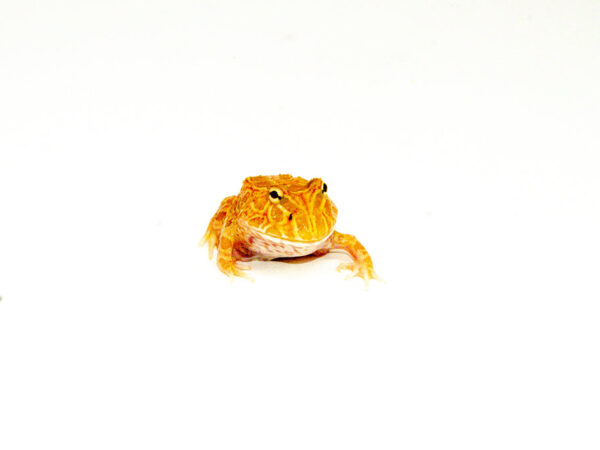
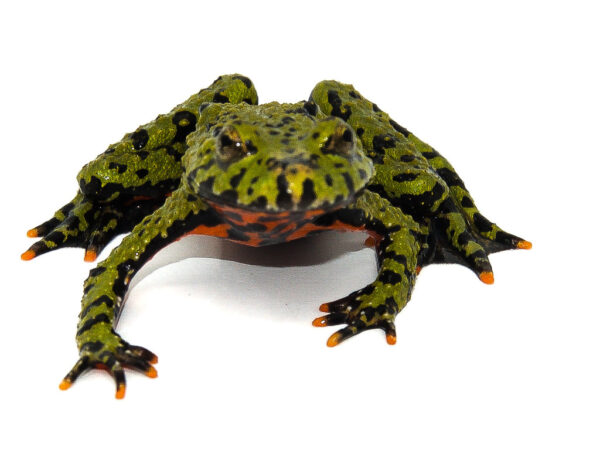
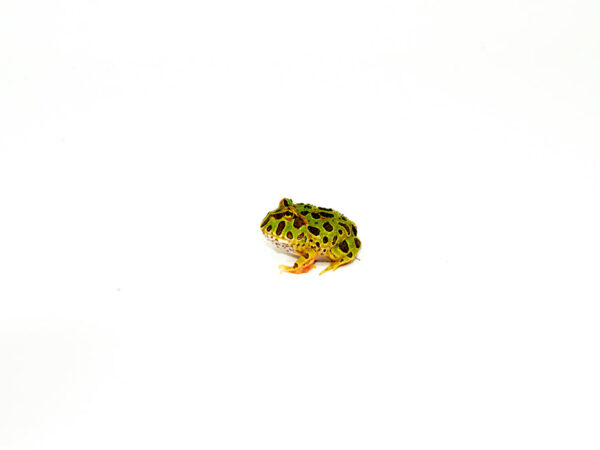
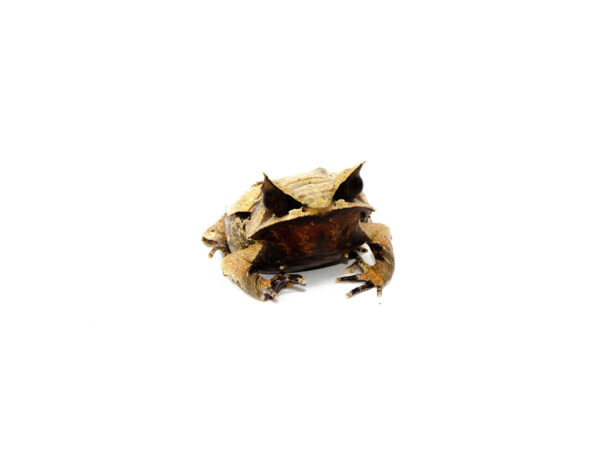
Reviews
There are no reviews yet.